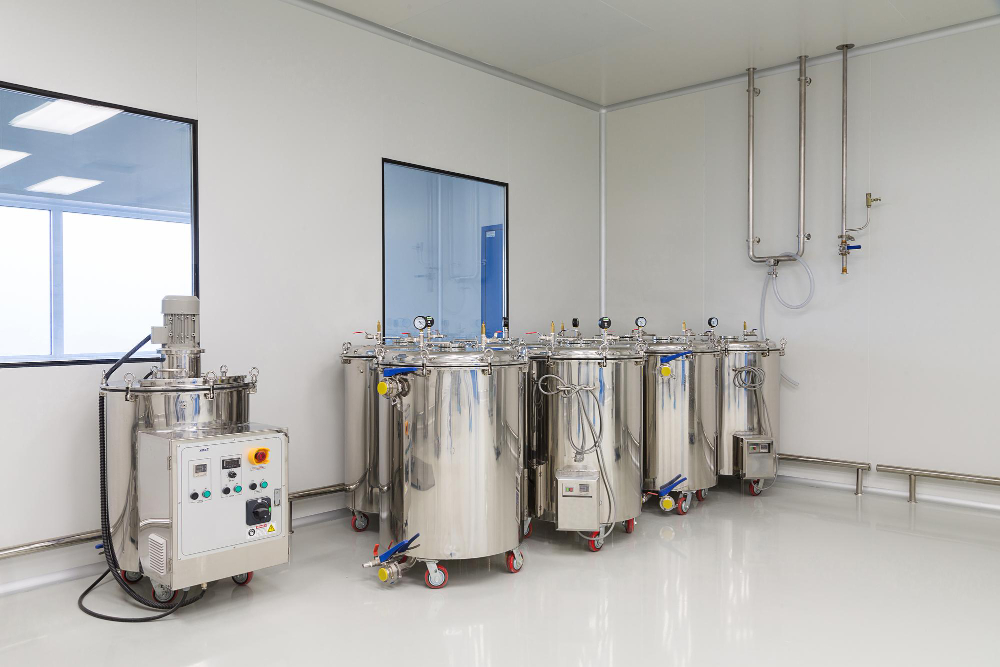In the world of machinery and equipment, proper lubrication is crucial for optimal performance and longevity. One component that plays a key role in this regard is gear oil. Gear oil is used to reduce friction, prevent wear and tear, and dissipate heat in gearboxes and other mechanical systems. However, over time, gear oil can become contaminated with dirt, metal particles, water, and other impurities, leading to decreased efficiency and potential damage to machinery.
To combat this issue, gear oil purification systems have emerged as essential tools for industries reliant on machinery and equipment. These systems are designed to remove contaminants from gear oil, restoring it to its original purity and effectiveness. But what exactly are gear oil purification systems, and how do they work?
Gear oil purification systems typically consist of several components, including filters, pumps, heaters, and sensors. The process begins with the contaminated gear oil being pumped into the purification system. From there, it passes through various filters that remove solid contaminants and particles, such as dirt and metal shavings. Next, the oil undergoes heating to evaporate any water or moisture present, as water can lead to corrosion and reduced lubricating properties. Finally, the purified oil is returned to the machinery’s lubrication system, ensuring smooth operation and optimal performance.
One of the key benefits of gear oil purification systems is their ability to extend the lifespan of machinery and equipment. By removing contaminants from the gear oil, these systems help prevent premature wear and damage to gears, bearings, and other components. This not only reduces maintenance costs but also minimizes downtime and increases overall productivity.
Moreover, gear oil purification systems contribute to improved operational efficiency and energy savings. Clean gear oil reduces friction within machinery, leading to smoother operation and reduced energy consumption. Additionally, by maintaining the integrity of the lubricant, these systems help equipment run at peak performance levels, maximizing output and efficiency.
Furthermore, gear oil purification systems play a crucial role in environmental sustainability. By prolonging the lifespan of gear oil and reducing the need for frequent oil changes, these systems help minimize waste generation and promote resource conservation. Additionally, some purification systems incorporate eco-friendly features, such as recyclable filters and energy-efficient components, further reducing their environmental footprint.
In conclusion, gear oil purification systems are indispensable tools for industries reliant on machinery and equipment. By removing contaminants, extending equipment lifespan, enhancing efficiency, and promoting sustainability, these systems play a vital role in ensuring smooth and reliable operation. As technology continues to advance, gear oil purification systems will undoubtedly remain essential assets for maintaining peak performance and longevity in industrial settings.

